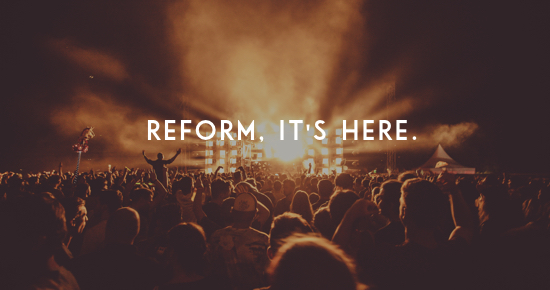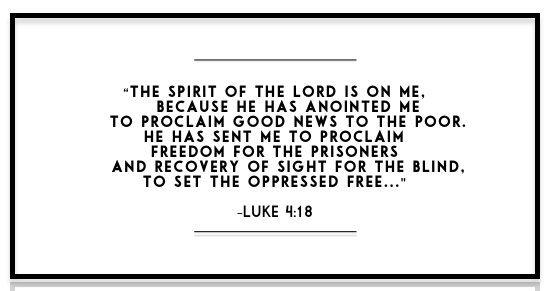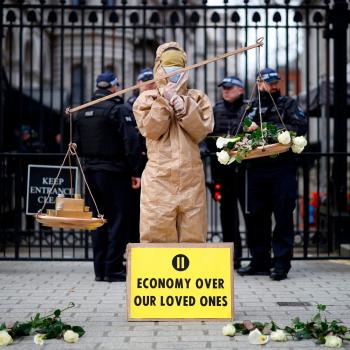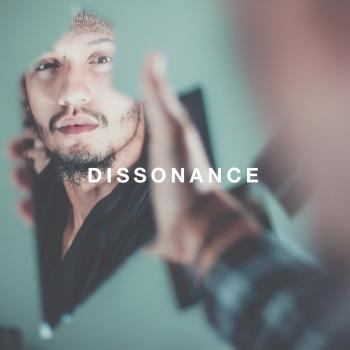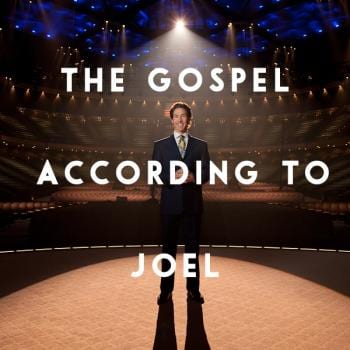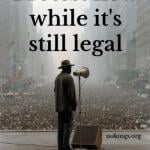It’s weird, but, as much resentment towards the Church as I’ve held onto I still listen to worship music. Like, a lot. I will admit that there’s not too much like corporate worship; I can’t tell you how much I miss singing in unison, the rush of raising one’s hands in worship and praise, knowing that everyone in that building is striving and struggling along the same mission (even though, sometimes they’re not, lol – but that’s another post for another time).
A few months ago, I was playing basketball with a friend who pastors a local Church in our area. He’s lovingly (as opposed to annoyingly) invited me to come to his church, small group, men’s breakfast… multiple times, so much so, my response is just an expected automation of a slight chuckle, and a “naw, probably won’t make it through this week.”
The thing is, as I’ve said to him many times, it’s not that I don’t want to go to Church, it’s twofold: 1) I’ve been so far wounded by the Church [at large], I need to heal before I step back into any type of intimate community (otherwise, many times, I fear I’d just be a toxic pollutant – read: healing, but wounded); and 2) Right now, for whatever the reason might be, I just can’t… I want and desperately need community, but, aside from all the (IMO) rather good reasons, I don’t have it in me.
“And I felt like my heart had been so thoroughly and irreparably broken that there could be no real joy again, that at best there might eventually be a little contentment. Everyone wanted me to get help and rejoin life, pick up the pieces and move on, and I tried to, I wanted to, but I just had to lie in the mud with my arms wrapped around myself, eyes closed, grieving, until I didn’t have to anymore.” – Anne Lamott
But, I mean, you can’t really just throw all that out there along with an Anne Lamott quote when you’re hooping with your boys (and several other dudes you’ve never met). So, “naw, won’t make it…” just seems easiest.
And, as some of you know, I’ve been all over the place in regards to searching for “my home.” Starting in the evangelical church, going through the progressive church, and just about all that’s in between. Not finding anything that fit, I just gave up, and decided to build my own community. Which resulted in my taking major steps back, similar to a majority of the U.S., in attending a Sunday morning service or being a part of a religious community.
“If your community views you as more of a ‘problem to be corrected rather than a valued member of their community,’ it might be time to leave.”
But, as times have gone by, and I’ve been able to have many conversations with leaders on the front lines (such as the guy above), I’m beginning to see a sudden change happen, and happen very fast. It’s encouraging to say the least. I’ve met young church attenders here in Philadelphia in which have been super encouraging if they represent the future of the Church.
Reform is no longer “on it’s way”; reformation is here. For the first time in a long time, I feel as if there’s forward movement, in regards to the reformation for our western Church. Progression, that is.
Finally, we’re in position to take Sunday back, and mold it into what we believe Jesus wants. It’s been the overwhelming amount of voices bringing truth-to-power, the progressives (such as Campolo, McLaren, and, shoot even Pope Francis) all paving the way, and of course, the many progressives [unlike myself] who’ve had the energy to stay put in the conservative/evangelical Church. Reformation, it’s not been had; it’s only the beginning, but it’s happening; this is more than encouraging, it’s exciting. I think mainly, it’s also the fact that there’s an inward deep yearning for solidarity within our generation (and, I feel, it’s not just millennials but everyone; it’s our overall our present day context); it’s deeming the divide created by denominations irrelevant.
Diversity
This “us vs. them” narrative; it’s created an unnecessarily uncomfortable vibe between us (the Church) and them (LGBTQ, racial divides, atheists, agnostics, muslims, the list goes on…). It’s made it a near impossibility to invite our friends; it’s almost as if we were inadvertently forced to choose between the Church and “those people” (a.k.a. our friends) [1].
It’s not that the millennial is no longer “religious” or spiritual; we are, we still believe in God and pursue spirituality and crave consistent healthy community that are striving towards the same goal (i.e. Church).
Churches are slowly but steadily moving towards the inclusion of accepting gay musicians as active worship leaders, celebrity pastors are openly embracing the movement encapsulated by #BlackLivesMatter (e.g. John Piper); as a result our pulpits and church leadership are both diversifying; the experience of the oppressed is being acknowledged, and, the gospel of Jesus is finally being proclaimed.
Reform
Paraphrasing a quote from the book The Art of War it’s said that if you can seize a territory without it’s destruction, you should do that; as opposed to needlessly destroying it. Obviously the book is referring to slightly different circumstances, but, I do believe that it has underlying and glaringly obvious pieces of wisdom that are very much applicable to our current church reformation.
We’re not walking away from Christianity; many of us are simply realizing that what we grew up in might not have ever actually been Christianity. We do not want to destroy or abolish the Church and it’s institution, we simply want to reform the Church and it’s institution. – (Reformation and the American Church)
The Church has so far splintered and unnecessarily created, literally, tens of millions of enemies; the point being, without reform the ship would sink. Again, why let this ship sink, when we could reform and use it for the benefit of others (i.e. to become the Church we’ve envisioned)?
It’s not just how we do Church, or, who’s leading the Church, we’re also seeing a reform of the theology that drives all of what we do as the Church. Jesus, the color of his skin is changing. He’s not white; He’s not asian; He’s not Latino; He’s not black; Jesus/God, just is… [2]
Maybe this is just the projection of my own personal experiences and overall feelings/emotions, but I don’t think so; I feel that there’s a sense of healing and renewal in the air.
Either way, as said before, this is just the beginning… I guess it could be said that it’s always just the beginning. As millennials fled church in large flocks, I can’t help but wonder if slowly and steadily – and then eventually/suddenly all at once – if millennials will flock back into the pews, and if so, how long this will take…?
[1] I’d be remiss if I didn’t mention that if you are for including these people, you’re labeled “progressive” and anathematized from the conservative church; the same goes for progressives we will do just the same; I’ve done just the same.
[2] Referring to “white,” “Asian,” and “Black,” within their ontological symbolic definitions within our modern day western context; saying “he just is…” is simply referring to the idea that Jesus/God, they’re Wholly Other (I use “He” but, wholly other points to the idea that gender can not encapsulate the divinity of God – Gross, I feel dirty spending even this small amount of time on theology).

